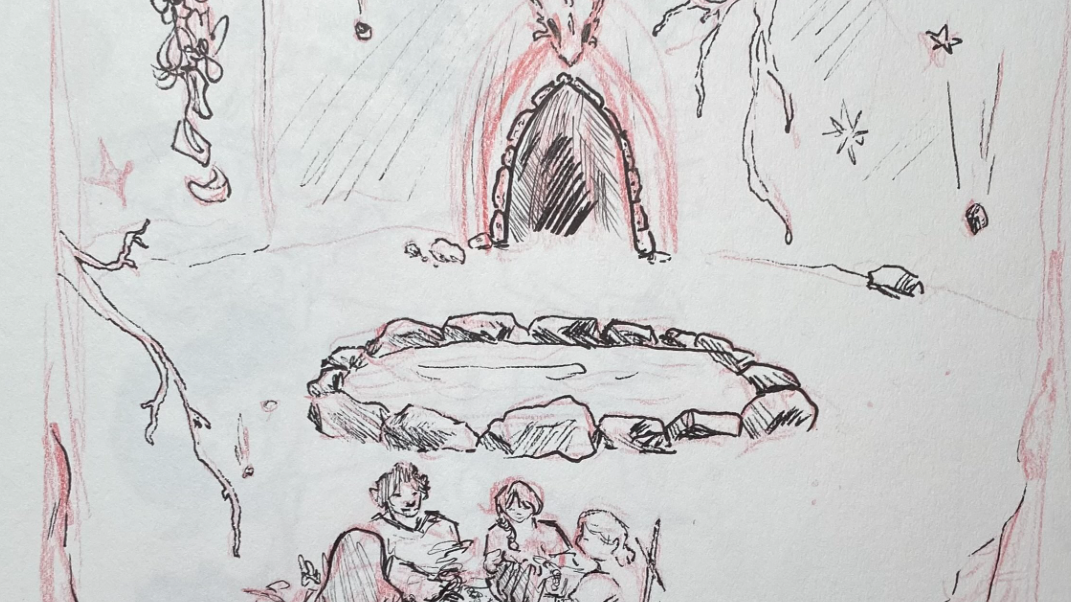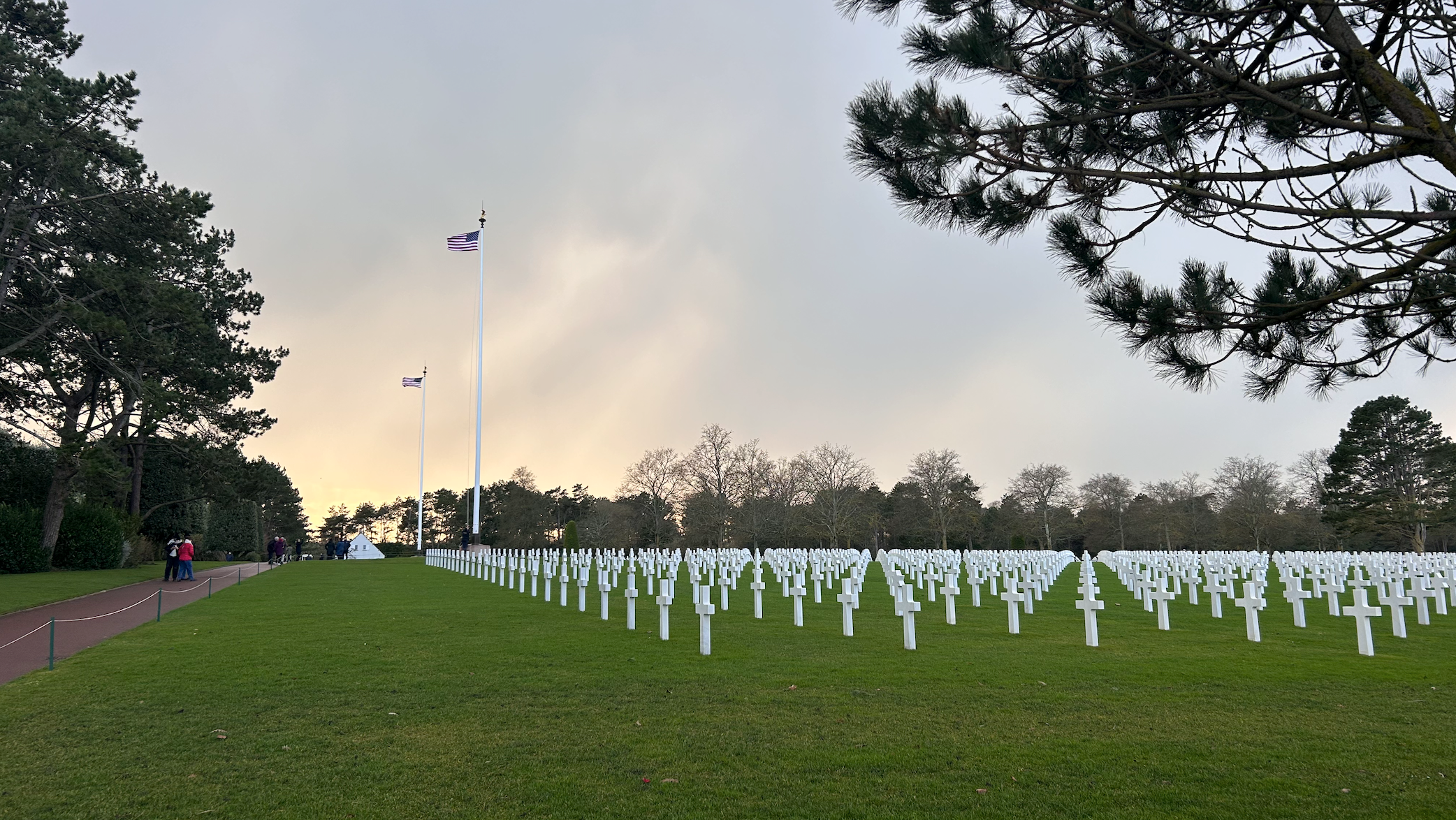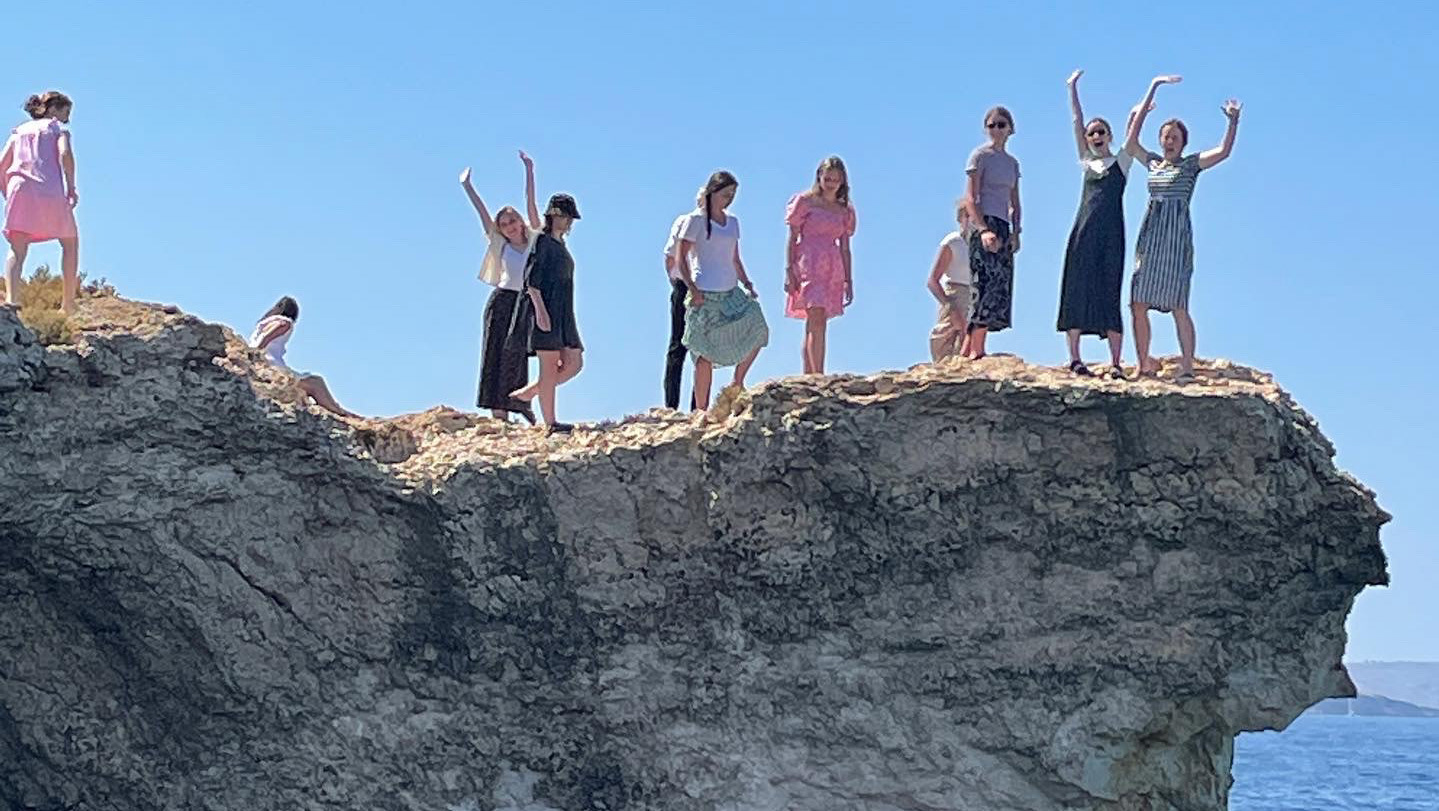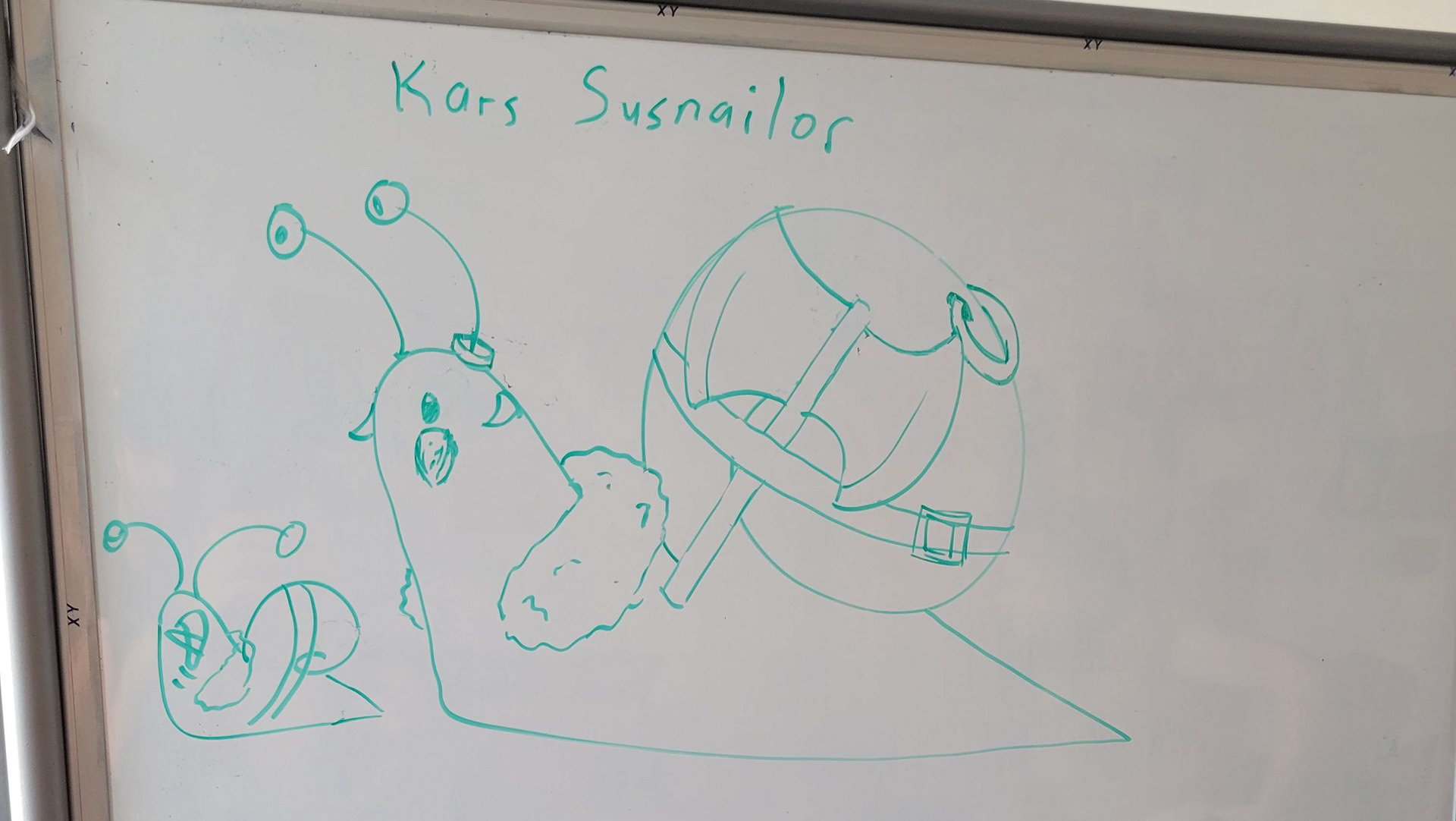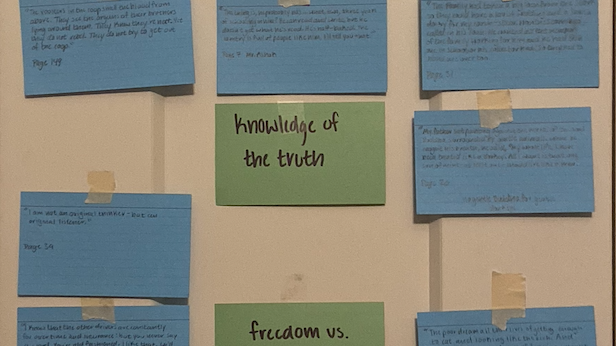I had a wonderful experience in UHP's Discover program, which is designed to provide research opportunities to students who are studying subjects outside of STEM majors. Doing research in artistic fields can be challenging, so I was grateful for the chance to hone those skills over the summer. I collaborated with two professors at the College-Conservatory of Music, Emily Porter (Sound Design) and Elizabeth Payne (Costume Design), to look at the impacts of theater on sustainable initiatives, and how we may be able to bring more of them to the University of Cincinnati's performing arts programs. Theater, by nature, is impermanent. From a production design perspective, those materials that we use to create a show are not being used for their intended purpose, and typically have a shorter lifespan than they would otherwise. This means that costumes, props, and sets tend to gather dust or get sent to a landfill once the show closes.
From a purely technical standpoint, theater uses a significant amount of energy, from the lights to the microphones and everything in between. Some of the research that I did was qualitative and ethical, where I considered the justifications of creating art that consumes so much. I also did quantitative research, where I researched the most sustainable batteries and power tools. I was also able to connect with two faculty whom I wouldn't have been able to otherwise. They helped me organize my thoughts as a student, researcher, and apprentice. I met and communicated with them daily, and I found that they were open to my thoughts and ideas of how we could move forward once I completed a task.
Eventually, all three of us agreed that the product of this research would span more than one summer, so we had to leave it at that when August came. We hope that the data I gathered can be applied to some kind of algorithm to help theaters make the most sustainable choices possible, while not discouraging them from beginning the production itself due to those concerns. This tool would hopefully be applicable to all productions, from the smallest of high schools all the way up to Broadway.
